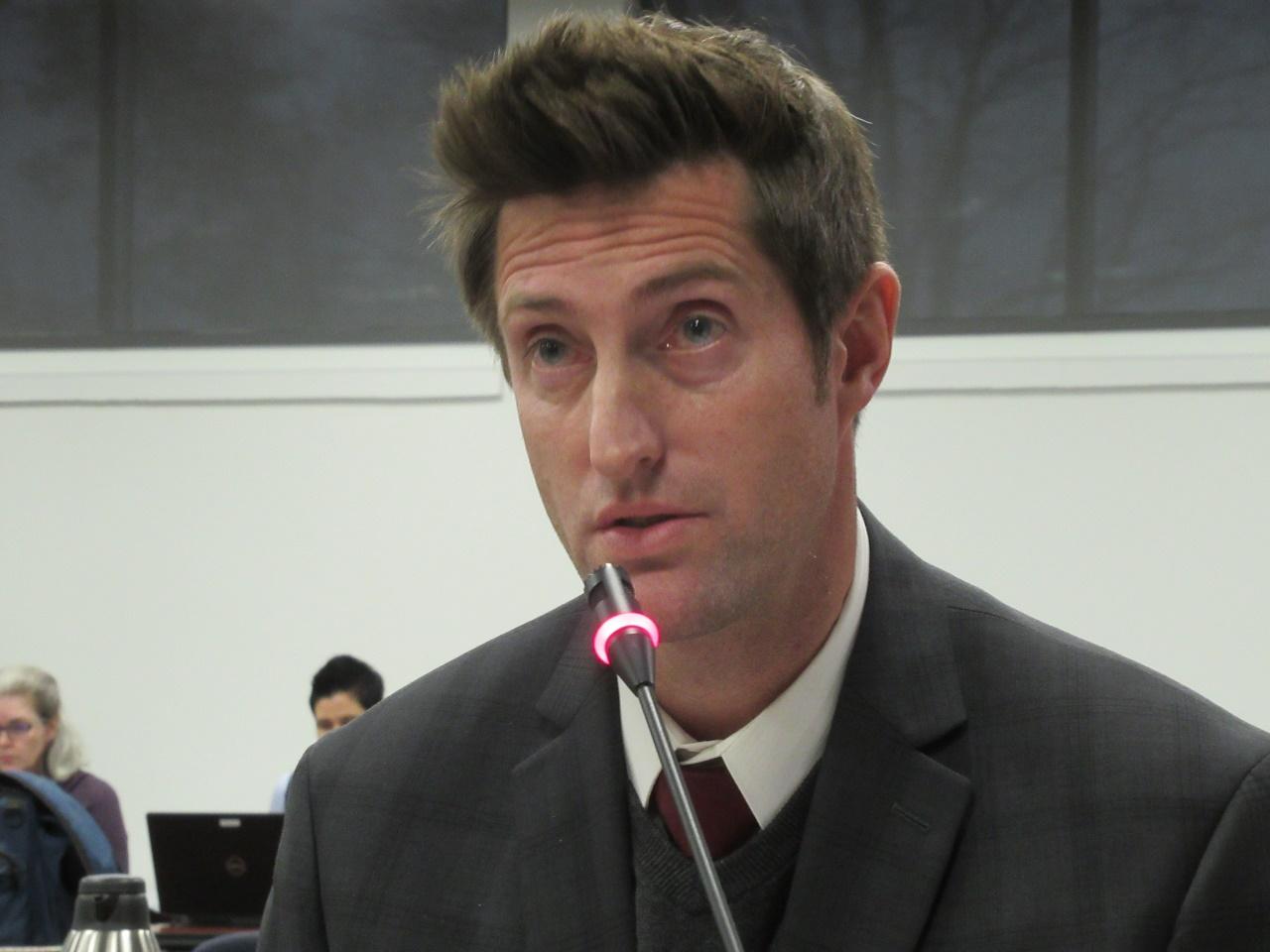The United Counties of Prescott and Russell (UCPR) has reviewed its Housing and Homelessness Prevention Plan and identified the successes and areas where improvement is needed. The original plan was first adopted in 2013.
Ryan Turnbull of Eco-Ethonomics, the firm the UCPR selected for the review, outlined its findings recently to counties council. The study found that the population is growing in the western municipalities and is declining in the eastern municipalities. The increase in the west is due to the influence of commuters who work in the national capital region. The western part of the UCPR also has higher income levels and workforce participation than in the east. Overall though, workforce participation in the counties has decreased, especially due to outmigration of residents aged 18 to 24. The shifts in population and workforce participation impact planning for affordable housing.
A steering committee was appointed to facilitate the review. Alfred and Plantagenet Mayor Stéphane Sarrazin was the only elected official on the steering committee, but La Nation Mayor François St-Amour, Casselman Mayor Daniel Lafleur, and Russell Township Mayor Pierre participated in workshops that were conducted.
“Your community seems to be very involved when it comes to working together on this issue,” said Turnbull.
The decline in workforce participation due to outmigration and population decline in Hawkesbury and East Hawkesbury highlights a need for increased social services and affordable housing, according to Turnbull.
He added that most of vulnerable population have mental health issues, addictions, or are youth within the child welfare system. Turnbull added that there is an over-representation of homeless in women.
Recent new social housing projects in the UCPR were in Embrun and Rockland. Those added 18 new units at 80 per cent of the market rate.
“There’s been a steady growth of the housing waiting list,” Turnbull said. He said that families and senior citizens account for most of the growth in demand.
According to the recent study, 9,704 more affordable housing units are needed in the UCPR by 2035. Transitional housing for men is required in the western part of the counties.
“The vast majority of the initiatives that were put in the past 10-year plan are being implemented or were already done,” said Turnbull to council.
He said that development of affordable housing needs to increase and that the UCPR should make improvements to how it evaluates and tracks progress on housing initiatives.
“Your official plan is quite impressive,” Turnbull said of the UCPR’s planning program that recommends 10 per cent of all new housing units in the counties to be affordable.
“The new provincial requirements really raise the bar for municipalities,” said Turnbull, in reference to new Ontario government expectations for affordable housing that aim to improve social inclusion and eliminate chronic homelessness by 2025.


